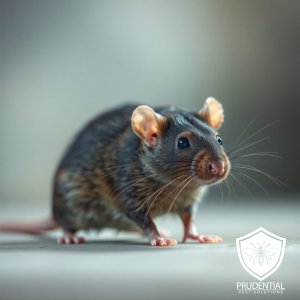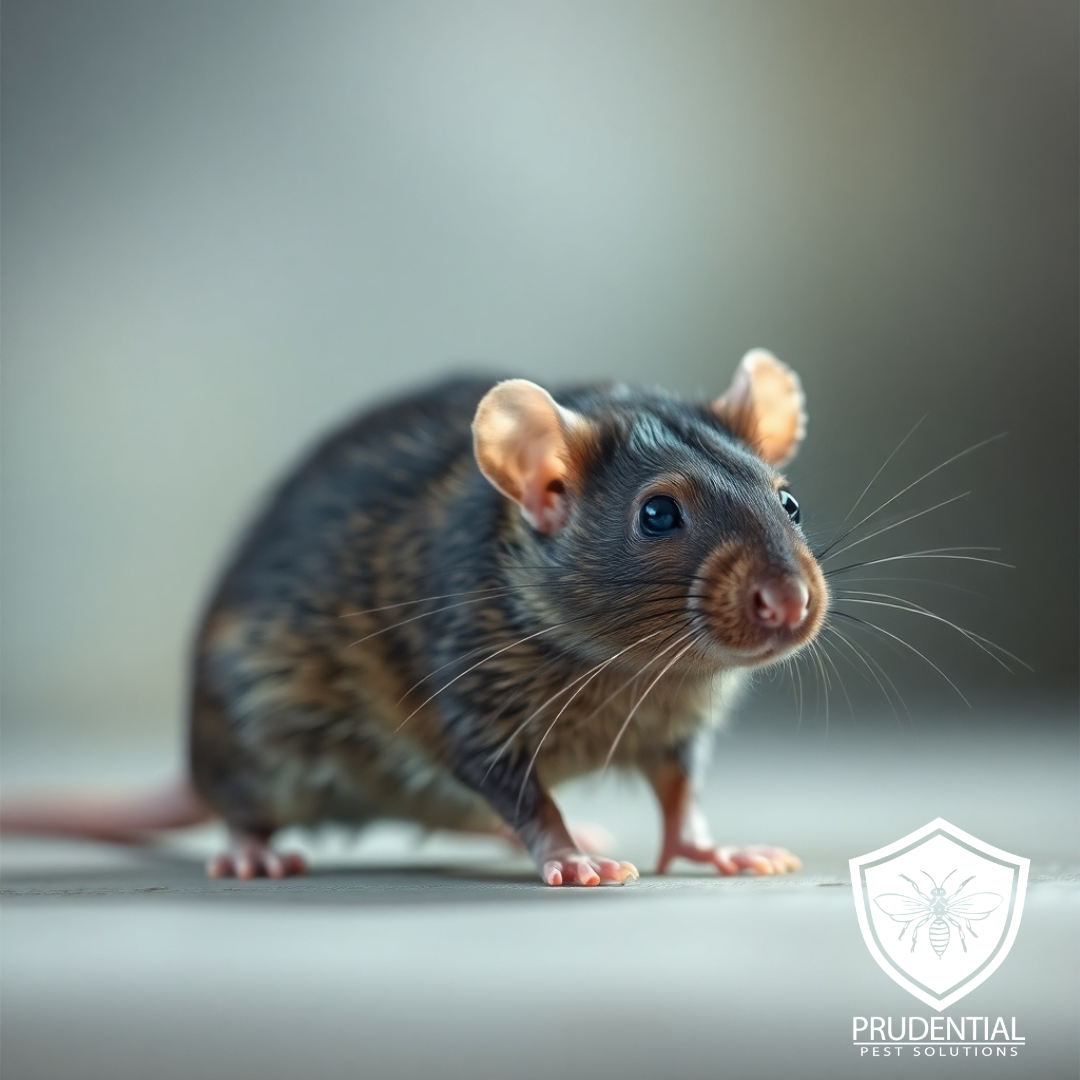Rodents in Chester County

mouse and rat treatments
There are rodents in Chester County, and we have the tools to stop them!
Our rodent control services in Chester County focus on identifying the entry points, treating, and preventing re-infestations. Our Chester County clients love that we are able to resolve their rodent infestation quickly and effectively. Unlike most exterminators you have had in your home, our rodent treatments include cleaning up the droppings and treating the issue. Let our experienced, licensed, and insured technicians get you rodent free today!
Rodent Biology
Chuck Fergus’ paper on rodents for the Pennsylvania Game Commission species, (https://www.pgc.pa.gov/Wildlife/WildlifeSpecies/Documents/micevoles.pdf), is a great starting point to learning about rodent biology. In his paper, Chuck goes into detail on the numerous nuisance rodent species found in Pennsylvania. One of the common themes among the different species of rodents is how frequently they give birth, and how many offspring they produce. On average, a single mouse in one year could potentially give birth to 50 mice total in that year! This is how a small rodent issue can turn into a full infestation in a relatively short time.
Besides being prolific breeders, another common rodent factor is their teeth. Rodent incisor teeth continue to grow throughout their entire lives. This is the reason why rodents seem to chew on anything and everything. In order to keep their teeth whittled down, rodents have to chew on objects. When in a home, rodents commonly chew on wiring, plumbing, and wood. Chewing on electrical wiring can lead to serious and devasting home fires.
Safety Issues
In addition to causing home fires, rodents pose other safety and health hazards to humans. Rodents can contaminate the food of both humans and pets. Any uncovered or unsealed food sources are prime habitats for rodents. Rodents love to get into the food, eat, and then leave their droppings. Another more serious health issue from rodents is Hantavirus. Hantavirus is a sometimes-fatal virus that occurs due to exposure to infected rodent feces and urine. The CDC has some great information on Hantavirus that you can read here. ( https://www.cdc.gov/hantavirus/index.html).
Extreme caution should be used when removing or cleaning up any rodent droppings. We utilize a HEPA filtered vacuum to safely and effectively remove rodent droppings. Our system contains the droppings and any virus particles so that your home and air quality can be improved. Not many pest control companies actually clean-up rodent droppings but we do, and we do it the right way!
Key Entry Ways
When trying to determine how the mice are getting into the home, there are some “hot spots” to look for. We look for areas where electrical lines, HVAC lines, and plumbing come into the home. Sometimes where the lines come through the wall, there is no sealant around the opening allowing rodents to enter the structure. Another common entry point is the garage. Usually there is a rubber seal on the sides and bottom of the garage door. Rodents can easily chew these rubber seals and enter the garage. One last common entry point is areas such as louvered vents and gable vents. Most rodents can climb so entry points don’t have to be at ground level.
Exclusion
Exclusion is the process of sealing up entry points and potential entry points to prevent rodent infestations. Note that this process should be for preventing infestations and should not be done if there is a current infestation. The reason for not excluding during an active infestation is because we want the rodents to be able to exit the home during the treatment process. If you seal up all of the entry and exit points during an infestation, you increase the likelihood that a mouse will die in the house and begin to smell.
We treated the rodents and now its 2 weeks later, time to exclude the home. The previous section highlighted some common rodent entrances. For gaps and cracks, we use a product called Xcluder. Xcluder is a woven fabric that is used to create a physical barrier that rodents cannot chew through. We then apply caulk to seal the barrier into place and create a water-proof seal. Any hole or opening the size of a dime or larger should be sealed.
Rodent Treatments
For current rodent infestations, we utilize a combination of rodenticides to resolve the issue. Rodenticides, also known as rodent baits, are used because of their quick and long-term results. We like to use a combination of rodenticides so that we don’t run into issues with picky rodents not liking our rodent bait selection. Using bait blocks, soft bait, and dusts, we are able to get rodent issues under control fast.
Our rodent treatments are always focused on human, pet, and non-target species safety. This means that we will never apply rodenticides in areas or situations that could allow humans, pets, or non-target species to come into contact with our bait. We always supply a detailed list of any baits used on your property so you know exactly what and how much was applied and where.
For the DIYers, always read the instructions on the bait that you are using and only use the bait in a manner in which the manufacturer instructs. Our rodent treatments utilize commercial strength rodent bait. More importantly, our rodent treatments are conducted in the right areas of the home to completely resolve your rodent issue.
Our initial rodent treatments include a thorough and detailed inspection, proper clean-up of accessible rodent droppings, and expert treatment. After the initial treatment, our follow-up services include a full exclusion service and information regarding long term rodent proofing and maintenance.
Preventative Plans
Our preventative maintenance plans include rodent control. This means that we can and will keep your home pest and rodent free year-round. All of our preventative maintenance plans include a warranty that includes free in-between service calls if you have an issue in-between services. Our Chester County clients get interior and exterior pest and rodent control services for a very affordable price. Give us a call, or send us a text or message to get a price quote or to schedule a service.
Citations
“Wildlife Species.” Wildlife-Related Diseases, www.pgc.pa.gov/Wildlife/WildlifeSpecies/Pages/default.aspx.
“Hantavirus.” Centers for Disease Control and Prevention, Centers for Disease Control and Prevention, 9 Feb. 2018, www.cdc.gov/hantavirus/index.html.

Comments are closed